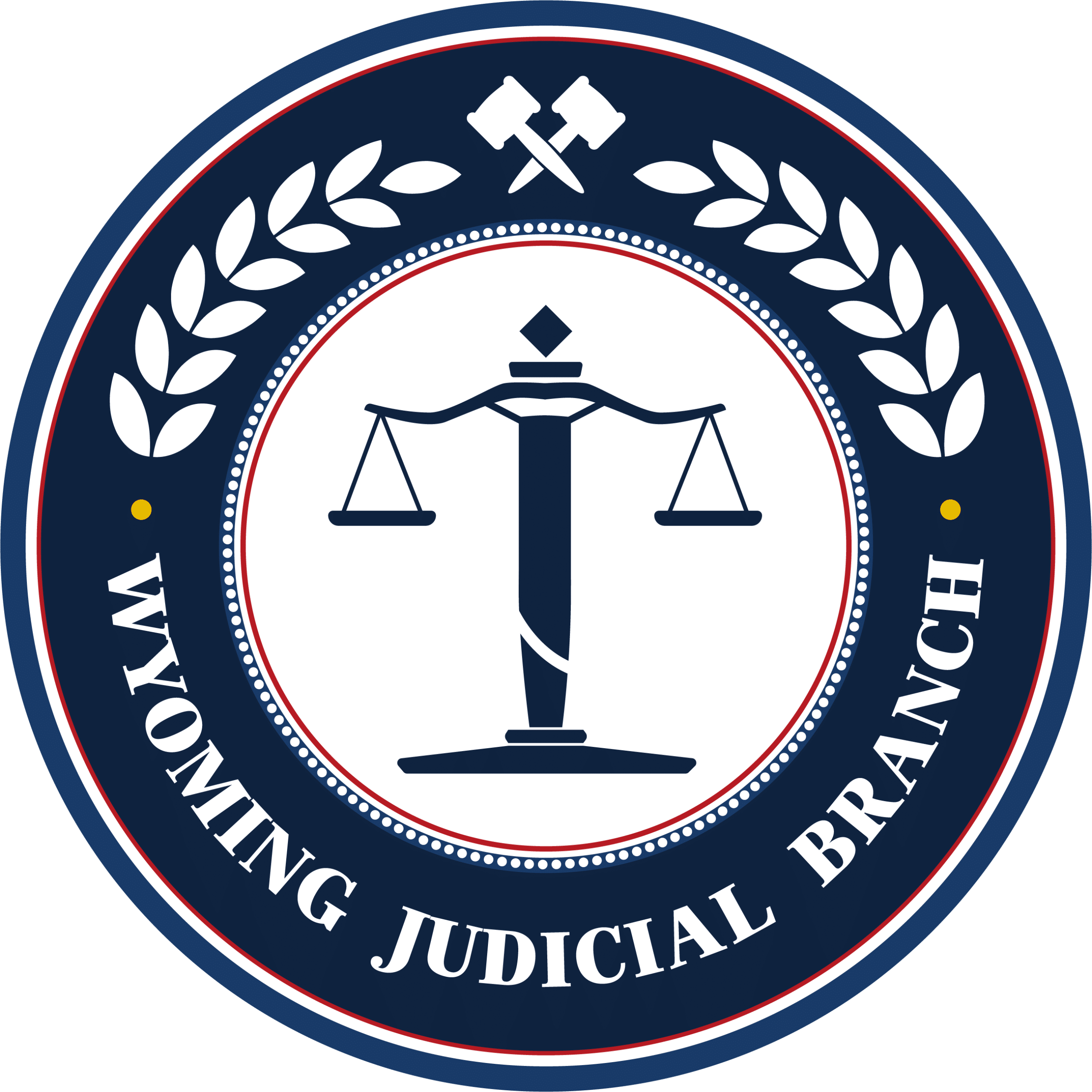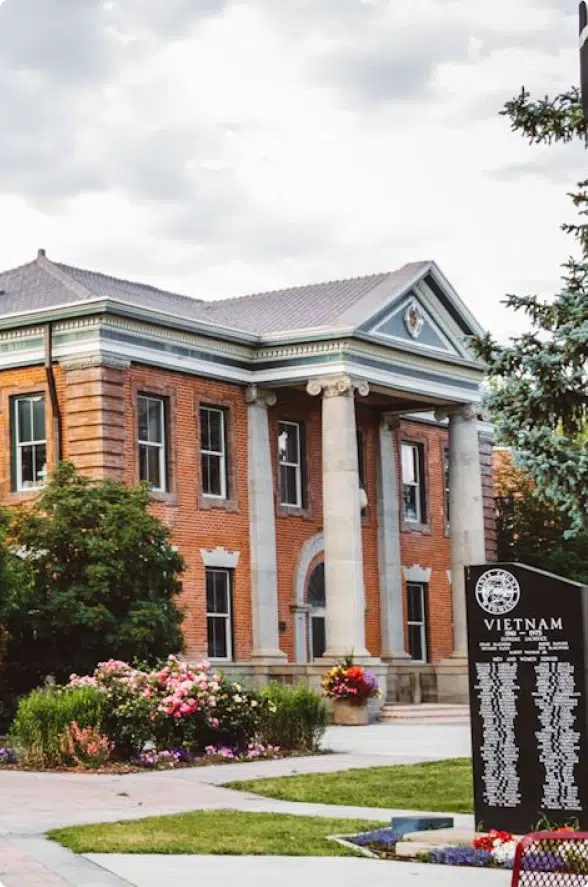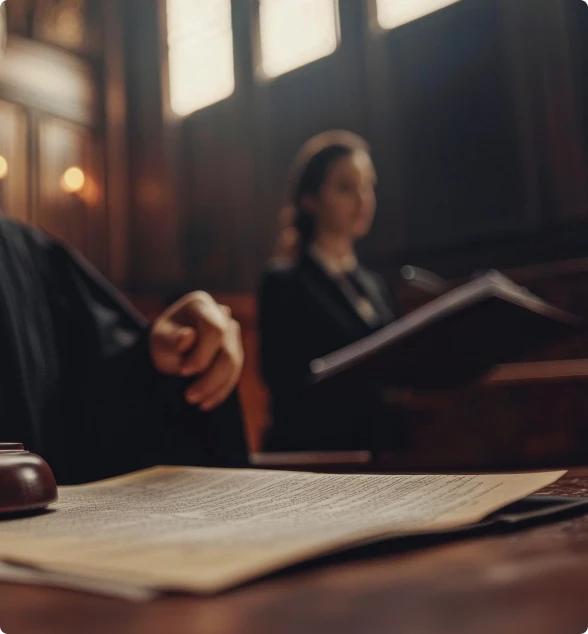The district courts are the trial courts of general jurisdiction in the state.
The jurisdiction of the district courts is unlimited except for civil cases under $50,000, small claims cases, and misdemeanors, which are handled by the circuit courts. As a result, the work of the district courts includes the most serious cases and controversies in the state. District judges preside over felony criminal and civil cases, including family law, as well as juvenile and probate matters. They also hear appeals from lower court decisions. There are 27 district judges in the state, organized into nine judicial districts. District court is held in each county seat so that some judges must regularly travel to all counties within their district to hear the cases that arise there. The clerk of district court is the elected county official who keeps the court record. The clerk maintains electronic case files, which include all records of a case-complaint, answers, motions, orders, judgment, and written opinions. In addition, the clerk keeps a docket showing all cases filed and decided in the court, receives and transmits all fees and monies deposited with the court, and manages the calling and initial examination of jurors for the court.


